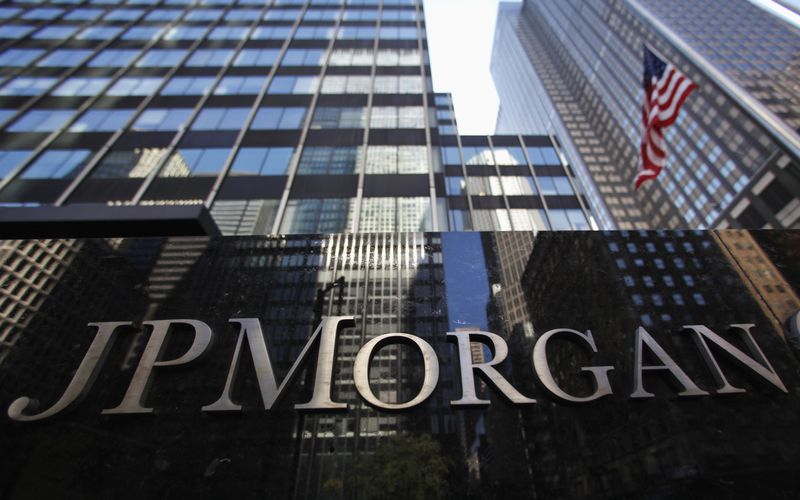Wall St opens lower after Moody's rating cut; yields rise.
U.S. stock markets opened lower on Monday as Moody's downgrade of the country's sovereign credit rating pushed Treasury yields higher, dampening investor sentiment.

Curated by DeeperAI
U.S. stock markets opened lower on Monday as Moody's downgrade of the country's sovereign credit rating pushed Treasury yields higher, dampening investor sentiment.

Following Moody's decision to cut the U.S. credit rating, Treasury yields surged past 5%, signaling heightened investor anxiety over fiscal deficits and debt sustainability.
Moody's recent warning to bond investors highlights the U.S. deficit as the primary risk factor, driving a reassessment of long-term Treasury demand amid rising supply concerns.
JPMorgan forecasts higher net interest income for 2025 despite economic uncertainties, though it warned of potential increases in credit card charge-offs by 2026.

New regulations on 'buy now, pay later' services are expected to benefit major banks by leveling the competitive playing field and reducing risks from fintech disruptors.
The Bank of England is considering easing ringfencing requirements for UK banks to boost competitiveness, though critics warn it could increase systemic risks.
A surge in lending to shadow banks has sparked concerns among regulators about hidden leverage and potential contagion risks within the financial system.
China's April retail sales growth fell short of expectations despite stimulus measures, while industrial production remained resilient despite U.S. tariff pressures.
Warren Buffett's Berkshire Hathaway invested in a high-performing dividend stock while cautioning markets about overvaluation risks, citing $348 billion in unrealized gains as a potential red flag.
FS KKR Capital reported disappointing Q1 earnings, with declining dividend coverage raising concerns about its ability to sustain payouts amid tighter credit conditions.